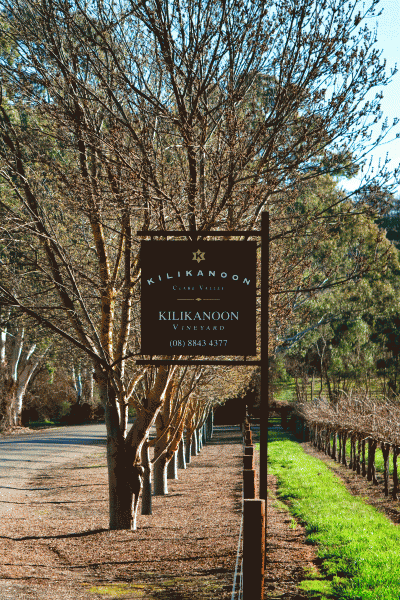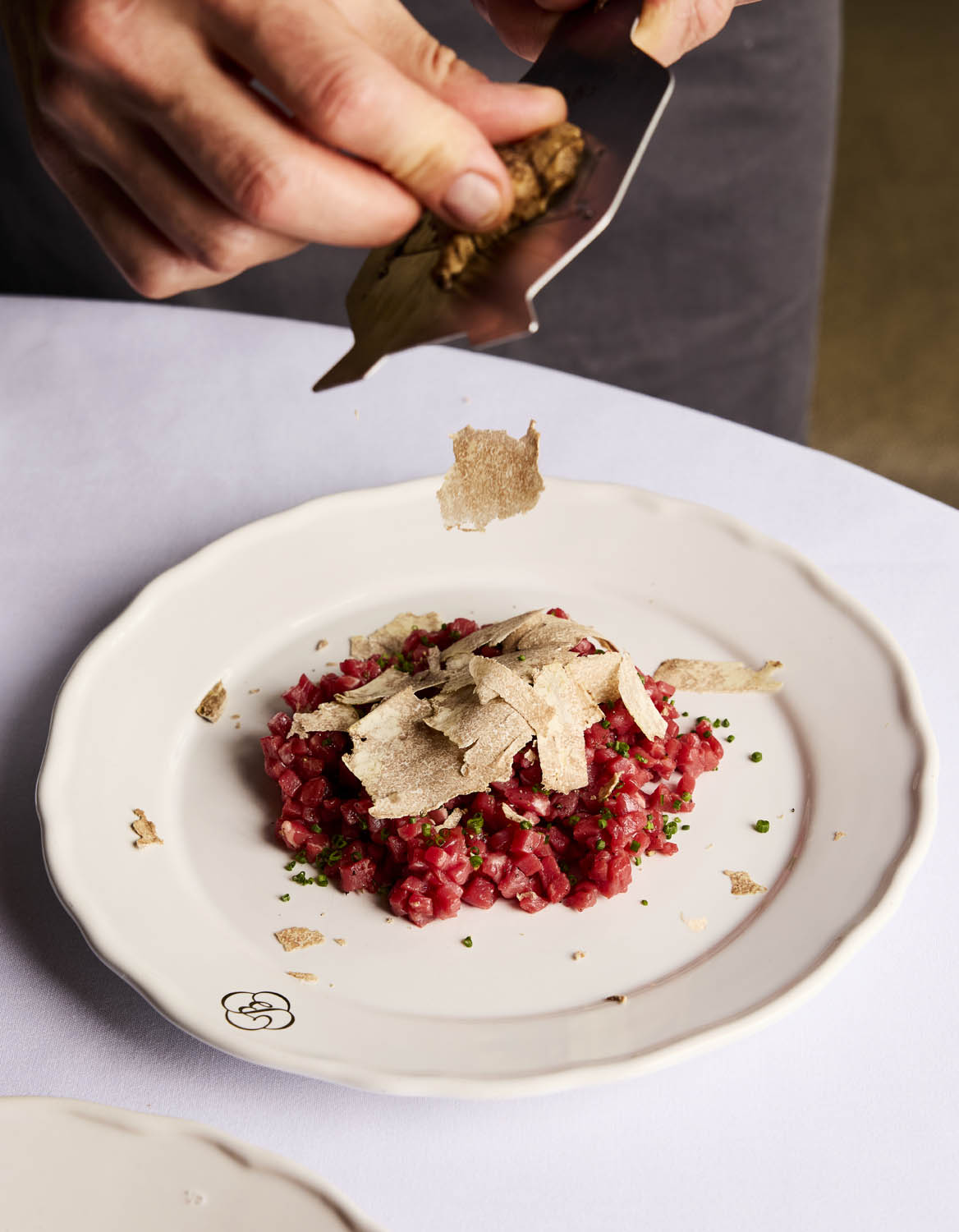Social media campaign in Australia targets Chinese-owned wineries
A ‘blacklist’ of Australian wineries with Chinese owners or stakeholders was circulating on social media at the end of last year, alongside calls to boycott their products.

Undoubtedly part of the fallout from last year’s rupture between China and Australia, which saw punitive tariffs applied to Australian wine imports, several Australian wineries have said this “unfair” treatment has led to staff being abused and the cancellation of orders and bookings.
Kilikanoon Wines in Clare Valley, which is 80% owned by China’s oldest winery Changyu Pioneer, is one of the producers named on the ‘blacklist’.
Managing director Warrick Duthy told the Australian Broadcasting Corporation that: “Our staff, receptionists and people working at cellar doors have been called, asked questions and abused.”
Planned events have been cancelled, with clients saying they didn’t want to support a “Chinese-owned” business.
Bill Sneddon of Allandale Winery pointed out to the broadcaster that Chinese-owned or not, these businesses were employing local people and putting money into the local economy.
“We employ 15-16 local people…and we buy grapes from independent growers in the Hunter and others in NSW,” he said.
Members of the Australian wine industry have also pointed out that the list is not entirely accurate in the picture it supposedly presents.
Partner Content
Allandale for example is ‘Chinese-owned’ in the sense it has two directors who are Hong Kong Chinese, one of whom has a British passport and the other who has family living in Australia.
Several of the ‘companies’ listed are actually brands that are owned by one winery and it has been said that French and American businesses probably have bigger stakes in Australian wineries than do Chinese.
The Australian wine industry was sent reeling last year after China swiftly imposed “temporary” import tariffs ranging from 107% to 212% in November before adding further duties in December.
This was over supposed ‘dumping’ of cheap Australian wine in China at the expense of local producers. And while some Australian companies have potentially operated in a way that supports this accusation, many commentators have noted that this is really part of China’s longstanding practice of applying trade pressure on nations when Beijing disapproves of criticism or questioning.
Other Australian exports to China such as beef and coal have also been singled out for additional import tariffs.
READ MORE: Treasury pulls Penfolds ranges out of China following tariff hike




